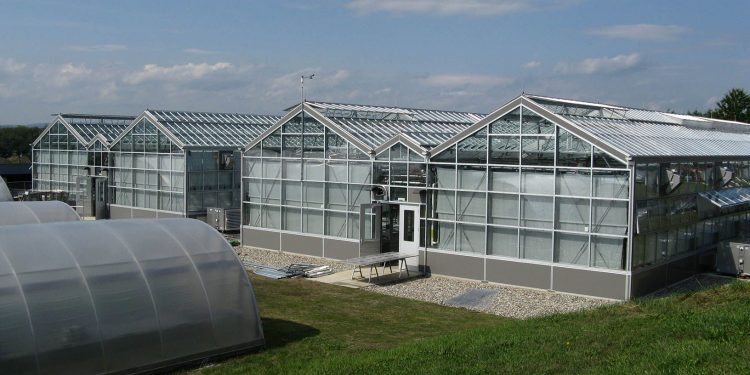In a recent initiative to bolster sustainable agriculture practices, the ATMA Medziphema Block Technology team, led by BTM Chubatsur Jamir and ATM Nengkhonem, visited Molvom village under Medziphema block on August 28. The visit focused on two critical demonstration programs aimed at improving pineapple farming practices: “Demonstration on the Installation of Yellow Sticky Traps for the Control of Thrips and Whiteflies” and “Demonstration on Installation of Ant Bait to Manage Ant Populations.”
Given the growing concerns about Thrips and ant infestations affecting pineapple farms, these demonstrations aimed to educate local farmers on organic pest management strategies. The use of yellow sticky traps has been highlighted as an effective method to control Thrips and whiteflies, which are notorious for damaging crops. Similarly, ant bait systems were demonstrated to help manage and reduce ant populations, further protecting the health of the pineapple crops.
The program saw participation from 18 local pineapple farmers, who were provided with practical insights into these organic approaches. The objective was to equip farmers with hands-on knowledge and tools to address pest issues without relying on harmful chemical treatments.
In addition, on the same day, the ATMA Wokha Chukitong Block conducted a separate demonstration on nursery seedbed preparation at Yimkha. The session was led by Assistant Technology Manager (ATM) Zachamo Humtsoe, who emphasized the importance of proper seedbed preparation. This technique is crucial for establishing a strong foundation for healthy crops.
Moreover, ATM Humtsoe introduced participants to natural farming practices. He discussed the benefits of using local natural fertilizers and how natural farming methods can enhance soil fertility and reduce dependency on synthetic inputs. This training aimed to promote sustainable farming practices that align with environmental conservation and soil health.
Both programs reflect ongoing efforts to support local farmers in adopting sustainable and organic farming techniques. These initiatives not only address immediate agricultural challenges but also contribute to the long-term goal of fostering environmentally friendly farming practices.











